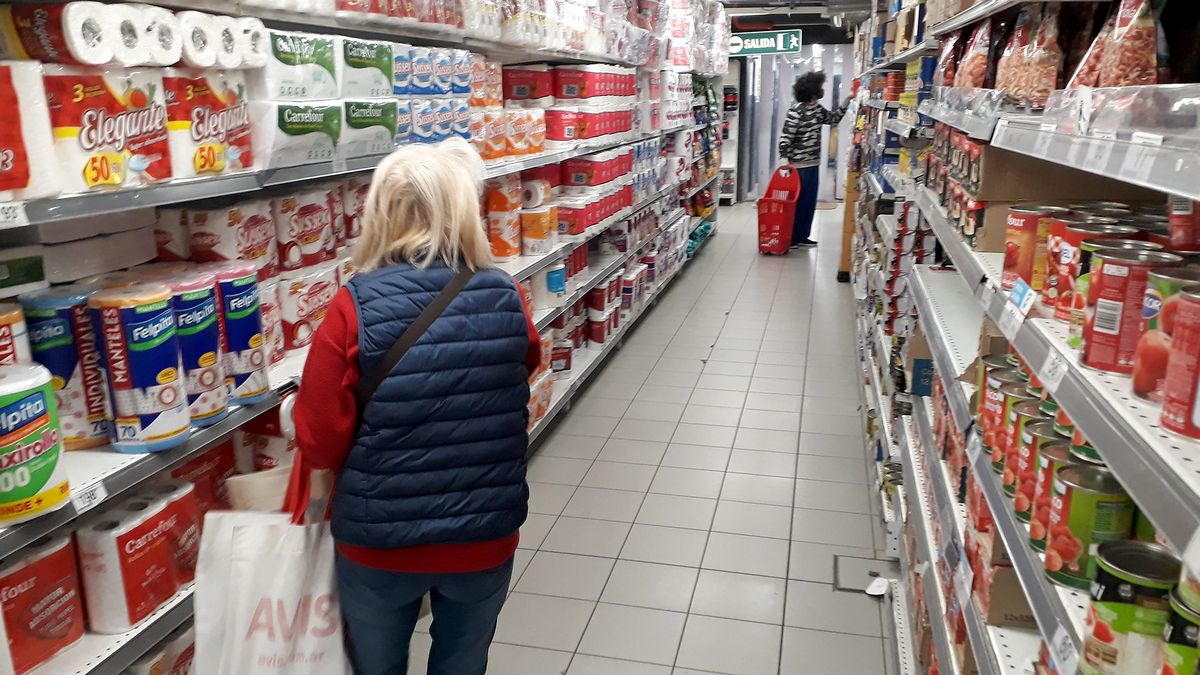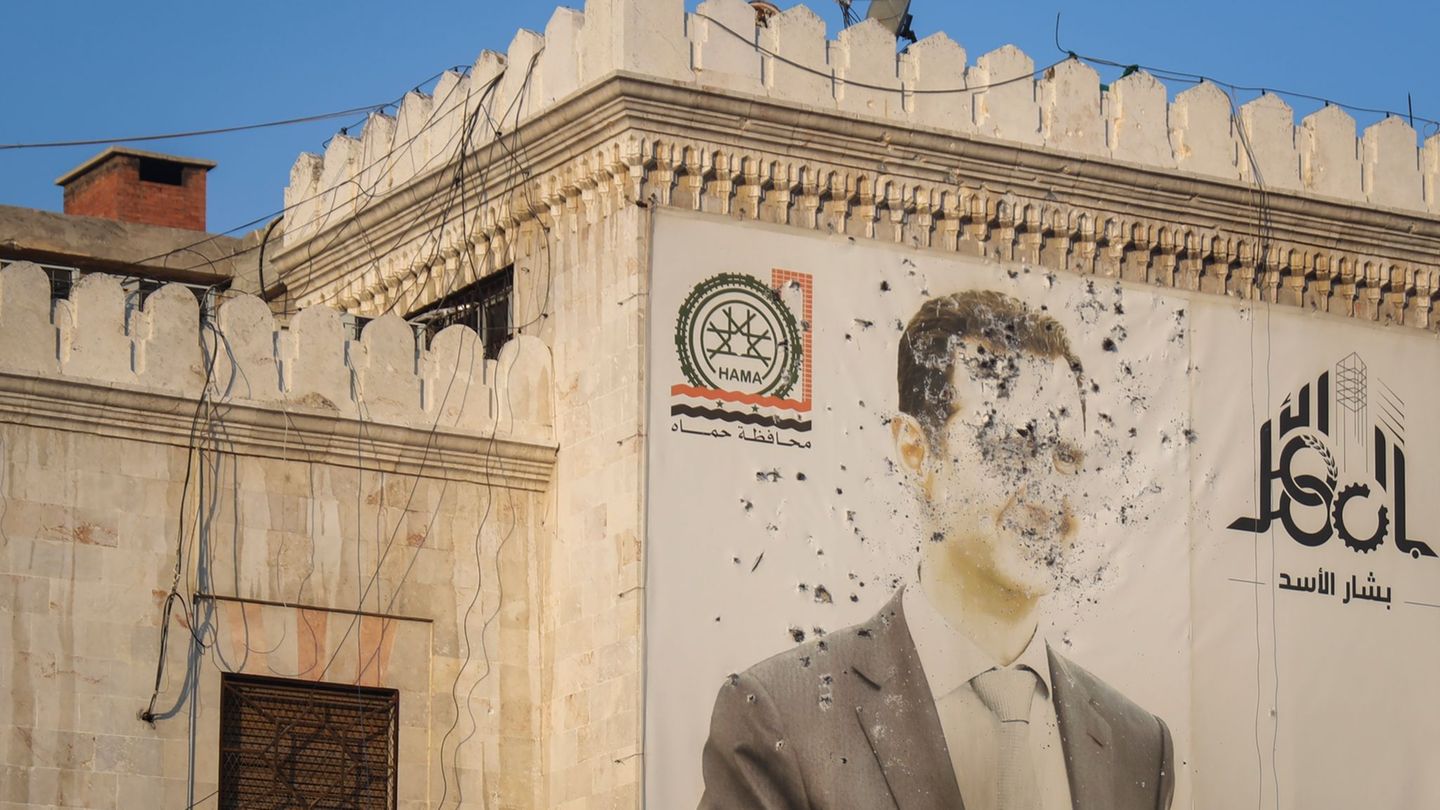Thus, in the days prior to the freeze, food inflation was 1.6% in just one week, 1.1 percentage points above the average of the previous two weeks, according to the consulting firm LCG, led by Guido Lorenzo. “Food prices shot up to three times what we had been registering, in response to a new freeze,” Lorenzo told Ámbito. The most “worrying” thing is the proportion of products that presented increases: they were 21% of the total, while the average of the last 40 weeks had been 12%. “It means that in just over a month all prices will be updated,” he added.
In the consulting firm Ecolatina, the basket they report for mass consumption (excluding meats and fruits / vegetables) rose 4.5% in the first half of October, against an average of 3.7% in the last three months. “Since June that basket has accelerated to 3% due to the disarmament of maximum prices,” explained Agostina Myronec, an analyst at Ecolatina.
Although Resolution 1050 was published last Tuesday, it was only on Friday that supermarkets advanced with the change in the prices of the gondolas. Thus, the consulting firms that survey prices in supermarkets on Fridays showed a slight drop. The weekly variation after the freeze was negative, -0.1%, according to the Scalabrini Ortiz Study Center (CESO), with the biggest drops in the prices of dry foods and beverages.
From the EcoGo consultancy, which Marina Dal Poggeto directs, they registered a decrease in food was -1%, with decreases that reached -13% in the case of beverages and cheeses. “There was a drop in food prices in the last week, but our survey is overrepresented in the supermarket, since we did not survey the traditional channel,” clarified Sebastián Menescaldi, director of EcoGo.
In any case, all the economists consulted agreed that the impact on inflation in October, a figure that will be published three days before the legislative elections, will be “marginal”. Not all frozen products are relieved by Indec. “The first fortnight was very high and that already conditions the month for you, and you also have very high increases in other chapters, such as clothing, which reaches 5.5% and pulls up,” explained Myronec from Ecolatina. In EcoGo, they expected inflation of 3.3% for October, and after the freeze they expect it to drop just to 3.2%. “These agreements do not attack the inertial component of inflation,” described CESO’s Pertierra.
In this case, a greater impact on inflation could occur in November, a figure that will only be known in December. “The mass consumption basket weights 20% in the general level, so if the freeze is effectively met, it may impact,” Myronec anticipated. “The Indec reports 150 thousand products and includes neighborhood shops, while the frozen are 1,400 and it is difficult to control in the traditional channel, so it will have some impact if the basket works as a reference price”, described Lorenzo. In any case, no consultancy firm modifies its projections for all of 2021. “Going forward you will have other unfreezes, in the exchange rate or in fuels, so the effect is very short-term,” added Menescaldi from EcoGo.
David William is a talented author who has made a name for himself in the world of writing. He is a professional author who writes on a wide range of topics, from general interest to opinion news. David is currently working as a writer at 24 hours worlds where he brings his unique perspective and in-depth research to his articles, making them both informative and engaging.




